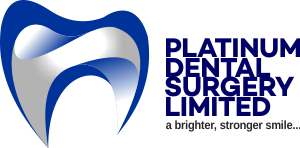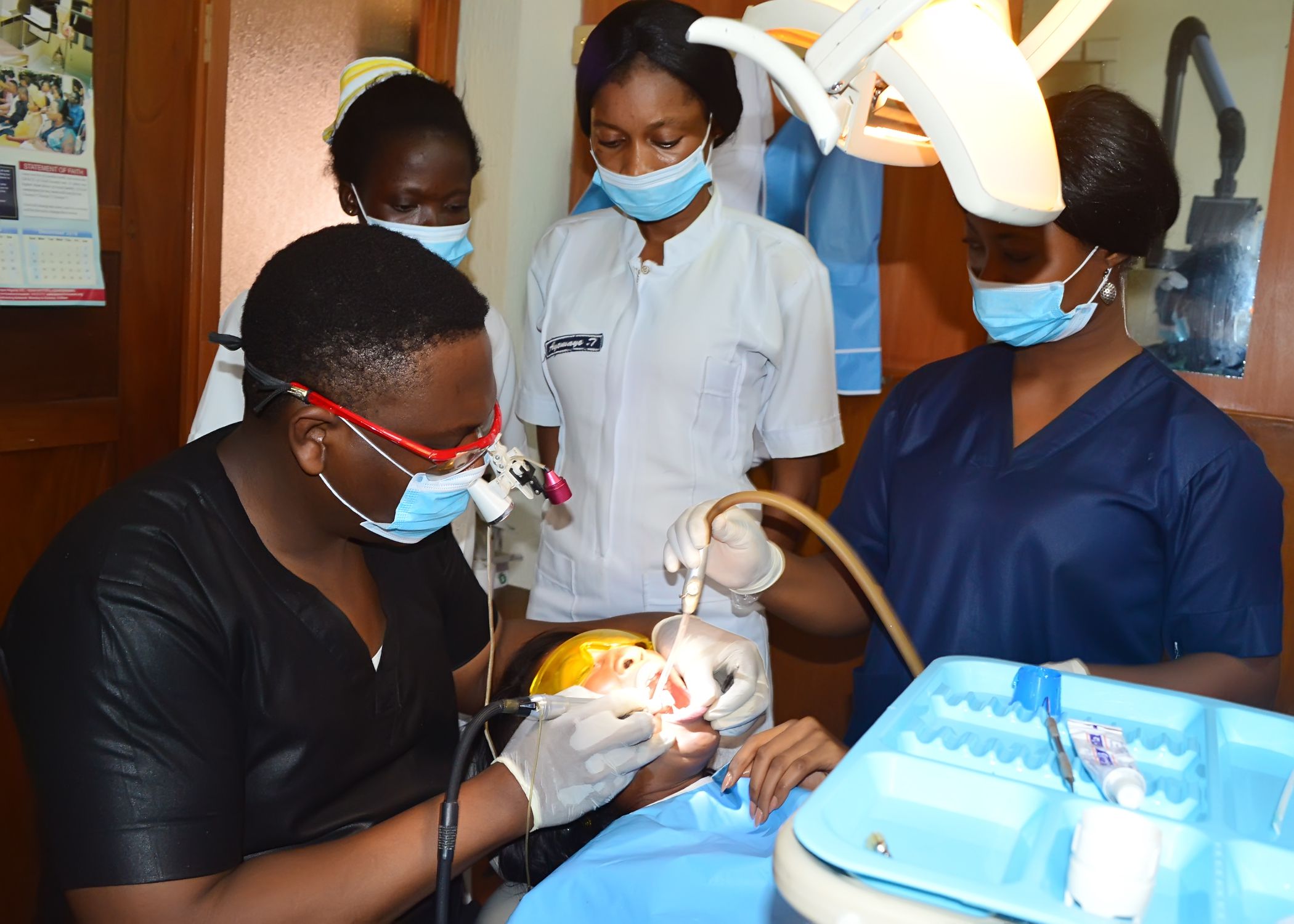How can I make an appointment?
Booking an appointment is easy you can either call or direct customer care line on +234 802 1818 185 or Click here to book Appointment
What causes morning breath?
When you are asleep, production in your mouth decreases. Since your saliva is the mouth's natural mouthwash, most people experience morning breath. Bacteria found on teeth in the crevices and on the taste buds of the tongue, break down the food particles, which produce sulfur compounds. It is actually these sulfur compounds which give our breath a bad odor. During desk, your saliva helps to wash away bacteria and food particles. Your saliva also helps to dissolve the foul smelling sulfur compounds.
Do I need to arrive early for my first appointment?
Yes. Please arrive 10-15 minutes early to fill out any remaining patient forms.
Where is the clinic located?
Platinum Dental Surgery is located at 106, Aladelola street, Ikosi Ketu, Magodo . Lagos
Do I need to be referred by a doctor?
No.. You do not need to be referred by a doctor. Visit us anytime
Insurance and Payment Option
We are linked to a number of active health maintenance organizations (HMO) in Nigeria to ensure that your dental needs are attended to promptly. Please call our office to make an appointment and we will answer any questions you may have.
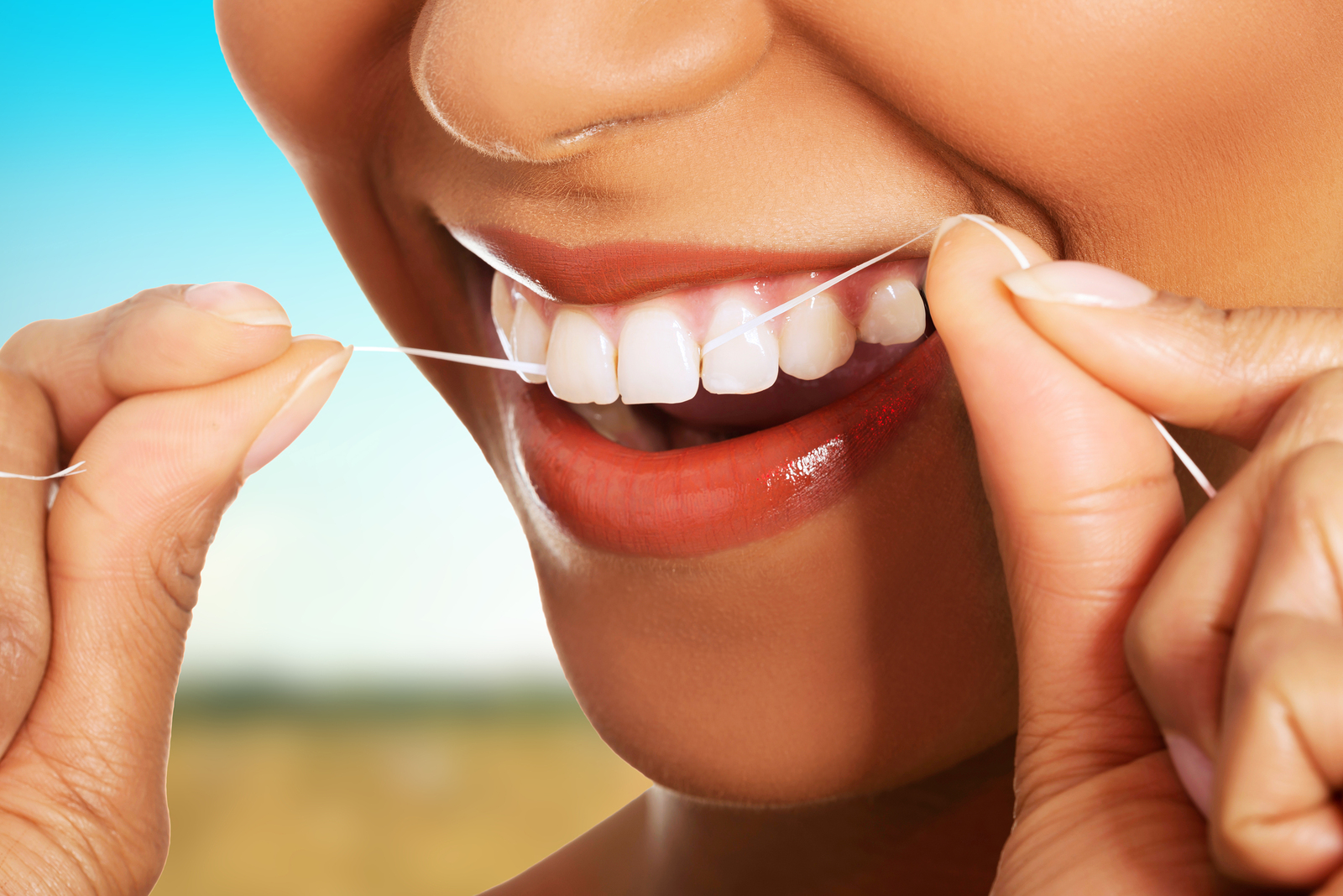
Flossing reduces the number of bacteria in your mouth. There are millions of these microscopic creatures feeding on food particles left on your teeth. These bacteria live in plaque which can be removed by flossing. Brushing your teeth gets rid of some of the bacteria in your mouth.
Flossing gets rid of the bacteria the toothbrush can't get to. That's the bacteria hiding in the tiny spaces between your teeth. If you do not floss, you allow plaque to remain between your teeth. Eventually, it hardens into tartar. Plaque can be removed by brushing. Only the dentist can remove tartar.
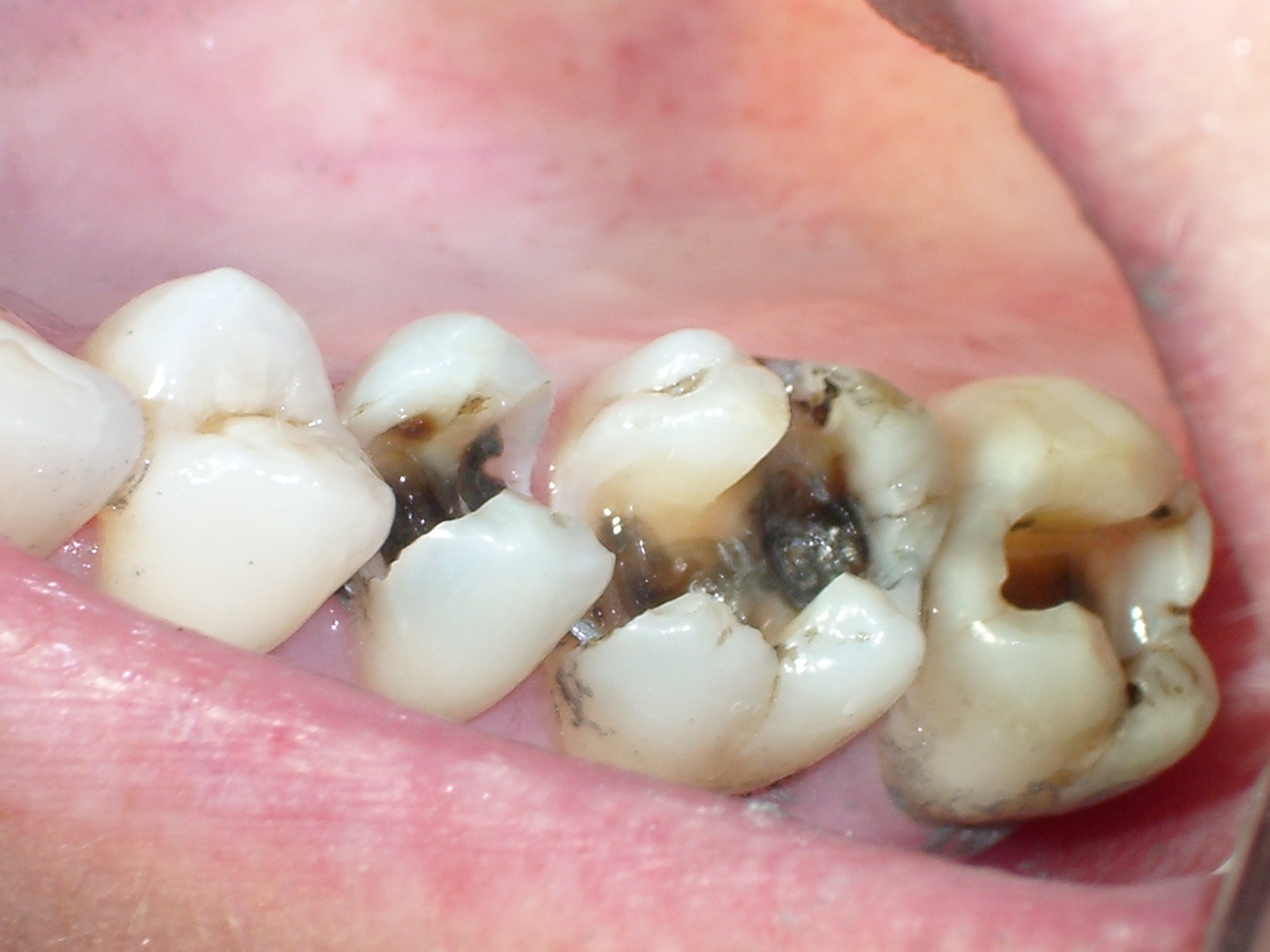
Always spend two to three minutes brushing your teeth. It takes that long to get rid of the bacteria that destroy tooth enamel. Do not brush too hard. It takes very little pressure to remove bacteria and plaque. Floss at least once a day. Flossing is the only way to get bacteria from between your teeth.
Watch the sugar you eat. There is sugar in candy, fruits, crackers and chips. These are the foods that the bacteria in your mouth like best. Be mindful of foods like raisins and peanut butter that stick to your teeth. They can provide a constant supply for the bacteria eating into your teeth. Try to minimize the times during the day when sweet items are eaten and brush your teeth afterwards.
If you cannot brush after a meal, rinse your mouth with water - which can help to remove food from your teeth. Chewing sugarless gum after a meal can also help. Chewing deskulates the flow of your saliva which acts as a natural plaque-fighting substance. And do not forget your regular dental visits. Good dental habits will go a long way toward a no-cavity visit.
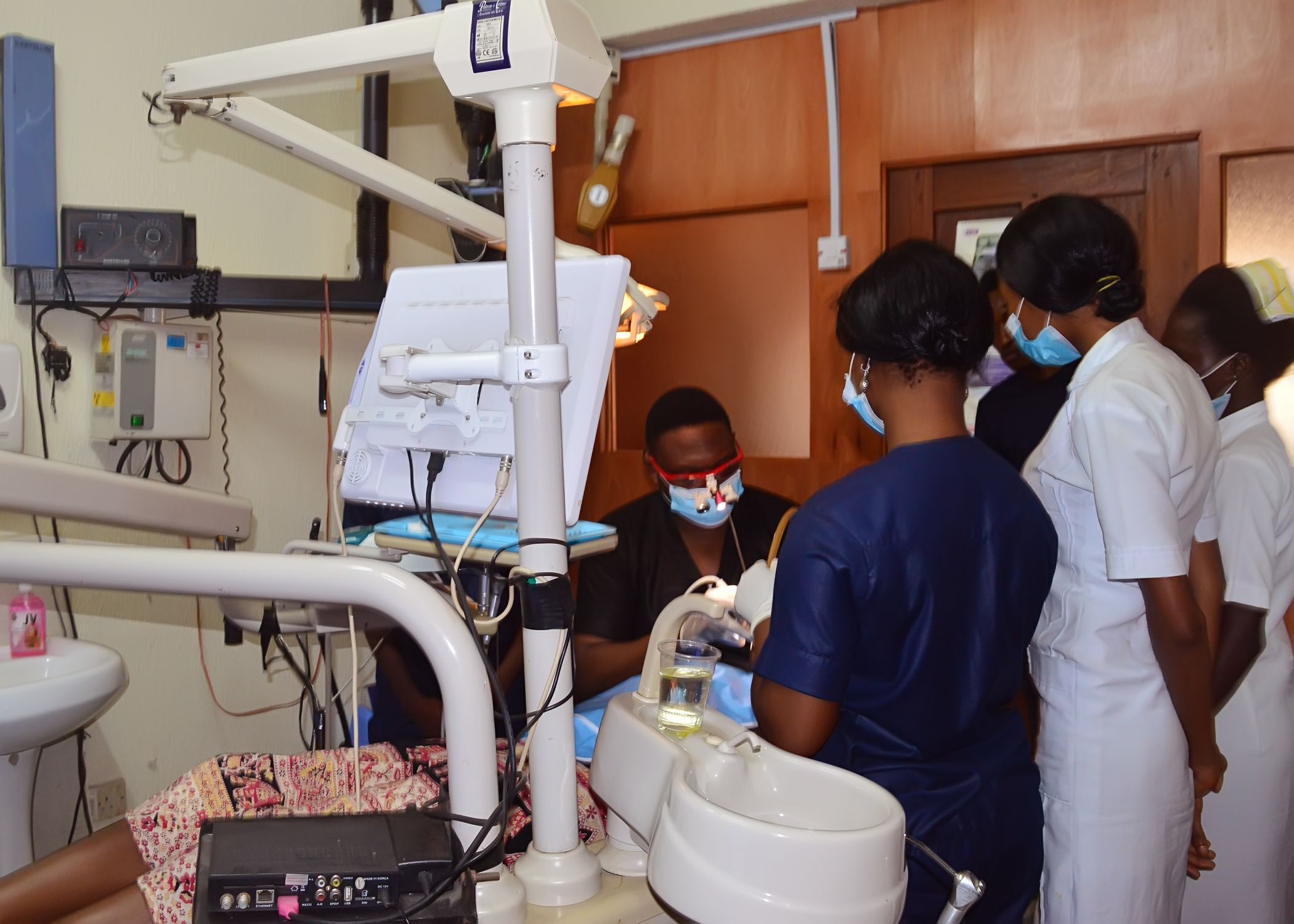
Many diseases of the teeth and surrounding tissues cannot be seen when the dentist examines the mouth. An X-ray examination may reveal:
- small areas of decay between the teeth or below existing restorations (fillings)
- infections in the bone
- periodontal (gum) disease
- abscesses or cysts
- developmental abnormalities
- some types of tumors
Finding and treating dental problems at an early stage can save time, money and often unnecessary discomfort. X-rays can detect damage to oral structures not visible during a regular exam. If you have a hidden tumor, X-rays may even help save your life. Dentist will evaluate your need for X-rays based on the conditions present in development. There are many benefits to having X-rays taken. Any additional questions or concerns should be discussed with your dentist.
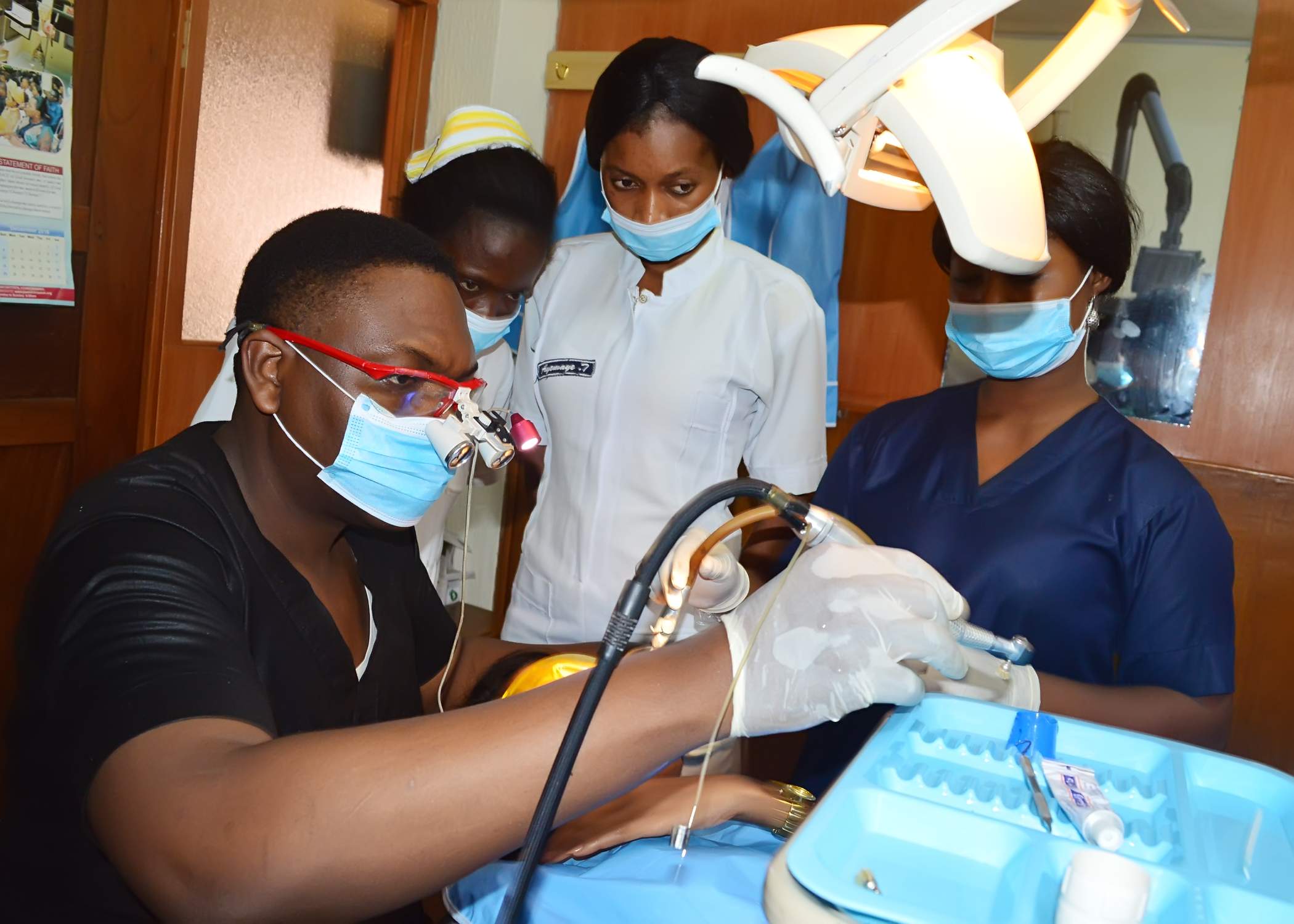
If you fear going to the dentist, you are not alone.Dental phobia is a more serious condition than anxiety. It leaves people panic-stricken and terrified. People with dental phobia have an awareness that the fear is totally irrational, but are unable to do much about it. They exhibit classic avoidance behavior; that is, they will do everything possible to avoid going to the dentist.
The key to coping with dental anxiety is to discuss your fears with your dentist. Once your dentist knows what your fears are, he or she will be better able to work with you to determine the best ways to make you less anxious and more comfortable. If your dentist doesn't take your fear seriously, find another dentist.
Ask us a Question
We are happy to answer any oral health related questions.
